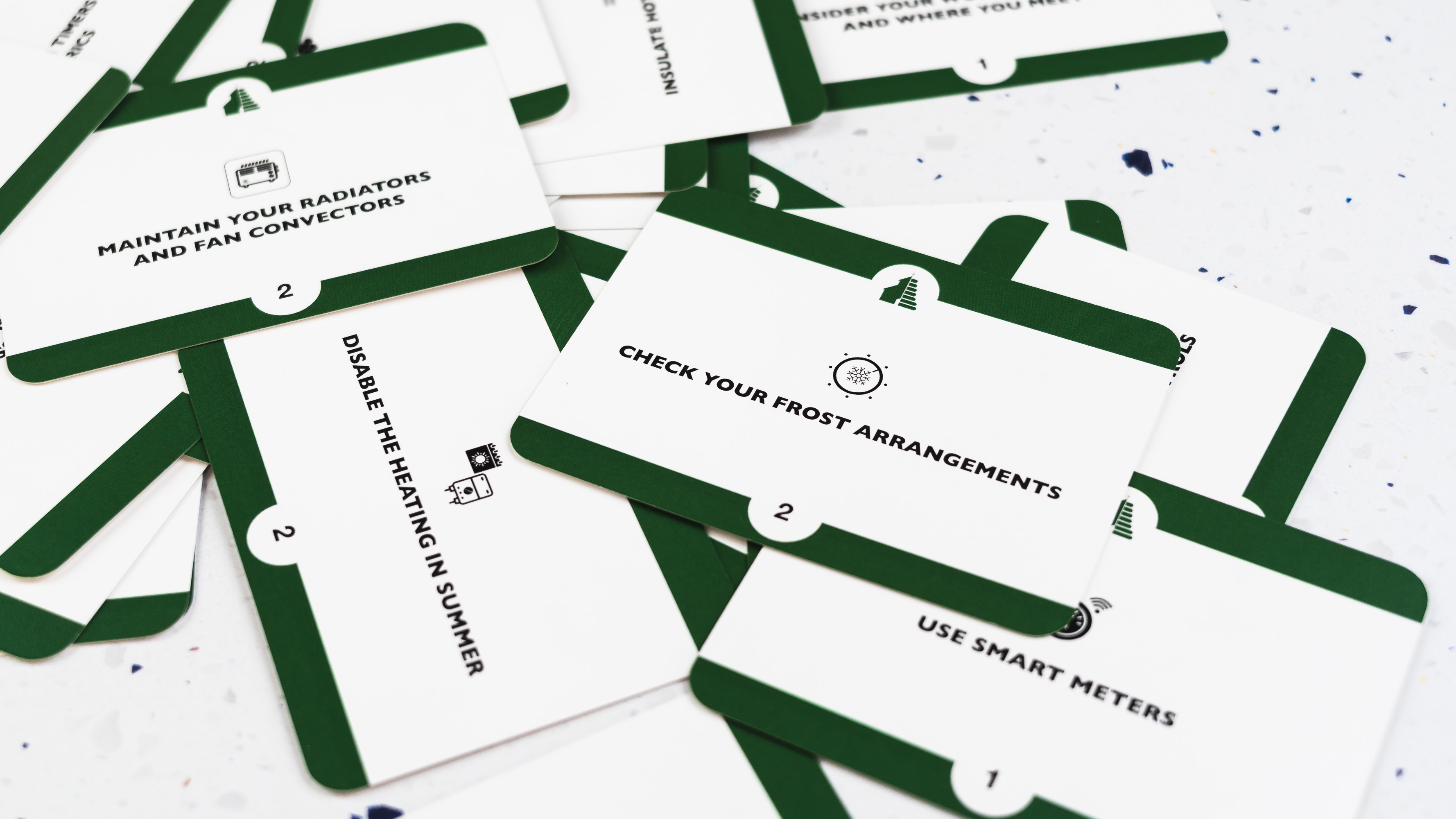Welcome#
Welcome to the HeatHack programme for UK community building operators. This is the “Guide Book” for participating venues. It explains the programme and provides links to all publicly available materials for it. We developed this programme with support from the Royal Academy of Engineering Ingenious programme. We are very grateful to them.
We haven’t put these materials behind a password or paywall because we know barriers put people off. Anyone can use our materials to run the programme - or any way they like as long as they credit us and share any improvements! We ask in return that if you use what we provide, you register with us. Otherwise it’s hard for us to attract the funding we need to serve you better.
Heating Controls Mini-programme
Some groups who know they will be using their current fossil fuel boilers for at least another three years want to do a mini-HeatHack first just to make sure they aren’t wasting fuel through poor heating control, and then move on to the full programme. Please bear with us as we develop this. We are currently working with 5 Glasgow listed buildings, thanks to funding from the Glasgow City Heritage Trust, but will again make everything openly available on line. Meanwhile, you would probably find thermal monitoring useful for understanding when the heating is on as this is often surprising. You can use our instructions for the board game the second time through to think about what your users do to make themselves comfortable. This guide contains information on energy efficiency and heating controls that makes a good start and is enough for many groups to make a good start.
Scottish Episcopal Church congregations
If you are from the Scottish Episcopal Church and wanting to run their Net Zero Workshops, yes, you are in the right place. However, you should start here:
The workshops are based on our programme, and you will use this Guide Book for running your sessions, with a couple of minor differences.
You have your own version of the HeatHack action card game. Our explanations of the game and tips for how to run it are still useful, but go to their website to see the cards online and extra links for supporting you to take the actions. You can get the cards from your Diocese office. They’re a different graphical design. Most of the cards are the same but they have a few extra ones, like using green energy tariffs.
There are also special versions of the session schedules. These are very similar to the main programme, but are designed to allow for a break for vestry approval before thinking about community engagement, in case that is how things work in your charge. You have an option of 3 2-hour sessions or 2 3-hour sessions, but most groups find they want an additional “free-form” session to finish their planning, plan for community engagement, or both.

